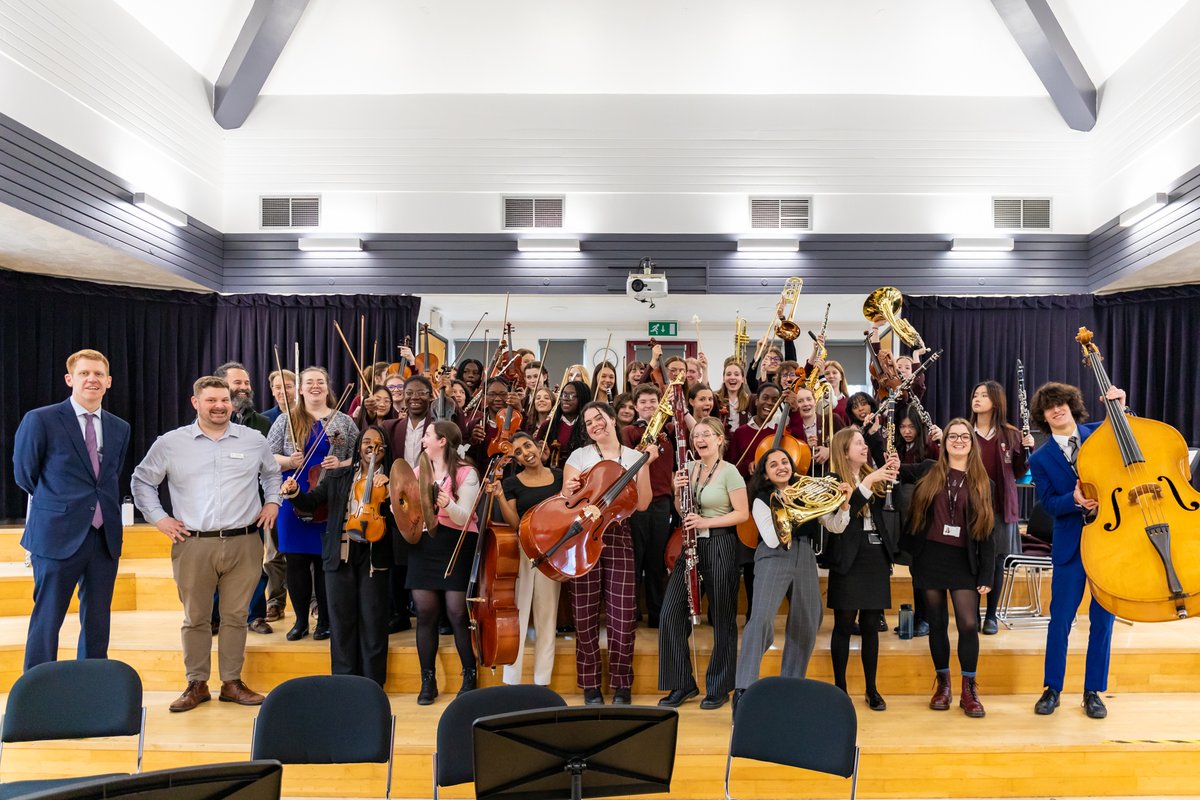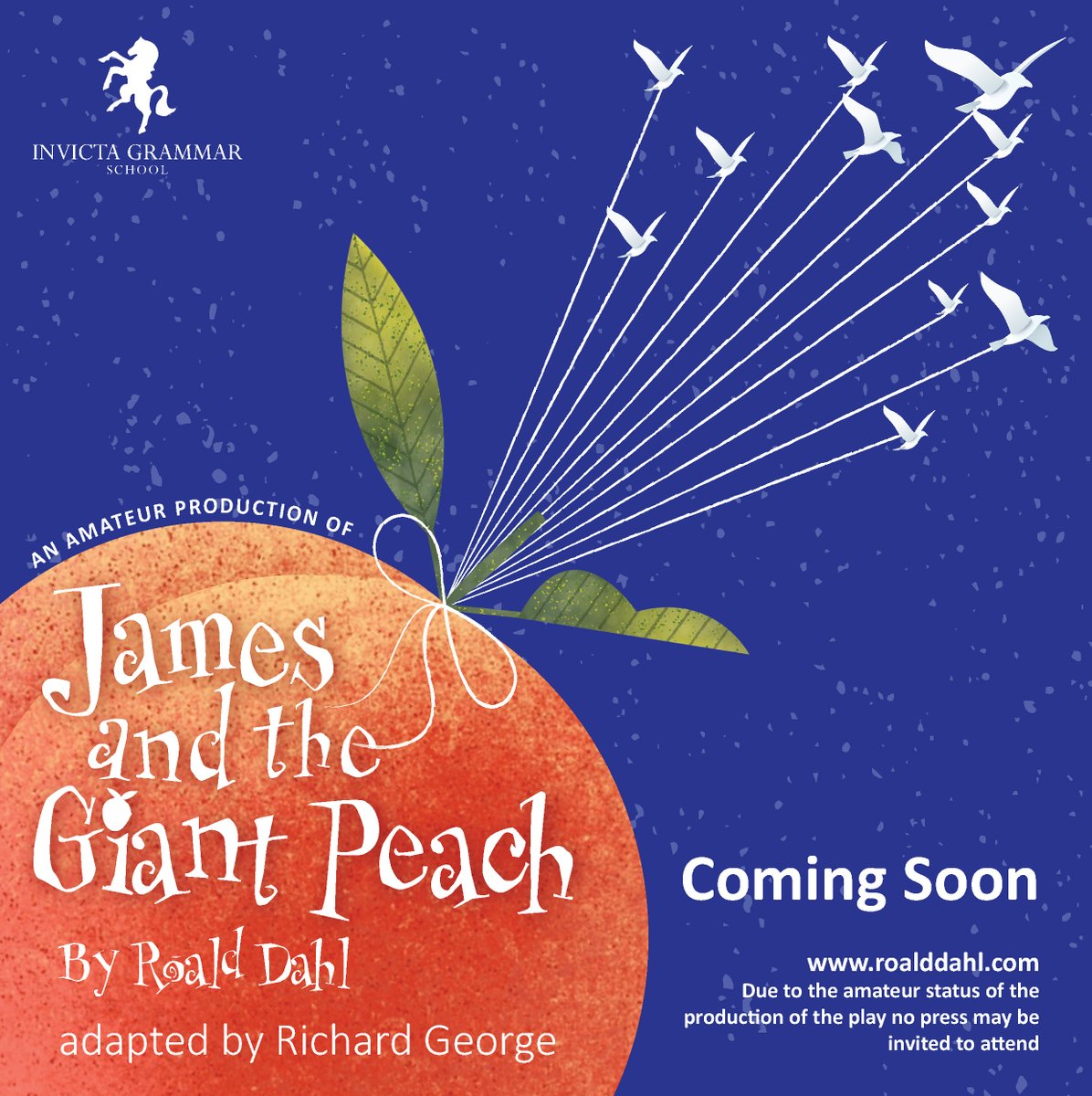Invicta Vlogs
LGBTQ+ History Month
February is LGBTQ+ History Month and at Invicta we support changes that make society more inclusive, diverse and equal. Students have been finding out about some of the pioneering figures from the world of Technology and Computer Science who are (or were) part of the LGBTQ+ community. Most people have heard of Alan Turing (who cracked the Enigma code in WW2 and is now the face of the new £50 note) and Tim Cook (the CEO of Apple) but there are many more individuals who have played an integral role in the development of modern computing. Many of these pioneers were also instrumental in transforming social views and changes in the law.

LGBTQ+ people have always been present in the world of science, technology, engineering and maths (STEM), but their lives and the impact of their contributions have not always been visible. Many of these pioneers lived and worked at a time when homosexuality was illegal and social pressures meant that they had to hide their true sexual orientation to avoid persecution or punishment. The world of technology and computer science was rapidly expanding in the 1950s and 1960s but at this time laws classifying LGBTQ+ people as criminals meant it was difficult to gain employment and housing, so many had to hide their sexuality.
One of my personal favourites is Edie Windsor (1929-2017). Edie was one of IBM’s first female Senior Systems Programmers, designing systems architecture and language processors. Edie hid her sexuality and was terrified of being ‘found out’. At one stage she was interviewed by the FBI for security clearance and being gay would have barred her from working for the US Government, so she was forced to live a lie. Edie and her partner Thea were longtime LGBTQ+ activists and campaigned to have the laws on same-sex marriage changed. They were together for 42 years before they were able to marry. Here is a quote from Edie: “I made sure to add ‘and days past’ in our vows because by the time we got married, we had already lived together for 42 years. You can’t forget that.”
Giving students time to find out more about the LGBTQ+ Computer Science community is one way of increasing awareness and providing a diverse array of role models. Computing is for all and providing role models is an excellent way to make it feel more welcoming and inclusive to all.
If you are interested in learning more about this topic, check out the fascinating online series A Queer History of Computing by Jacob Gaboury, who is an Assistant Professor of Digital Media & Visual Culture at Stony Brook University.
 |
Invicta students, the excellent book Alan Turing (A Life Story) by Joanna Nadin is available to borrow from the Library. Look in the Computer Science section or ask Mr Tillbrook if you are not sure where to find it. Enjoy the wonderful read! |
Mrs Le Sbirel
Assistant Headteacher


























